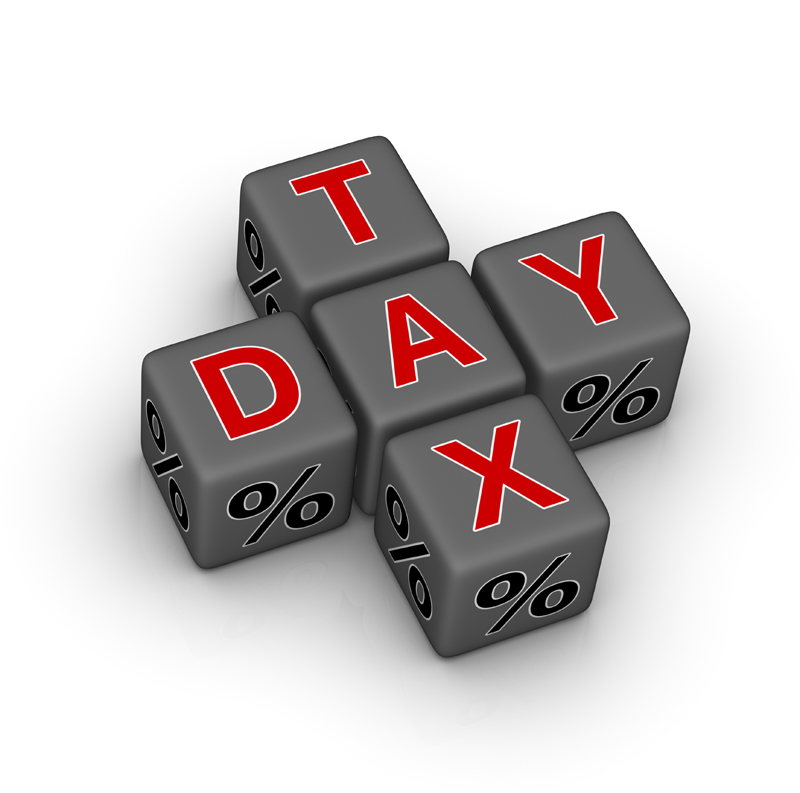Oh no! I owe!
April 15, 2014 by Carol Thompson, EA
It’s all over but the sweating. You owe money to the IRS – now what? Don’t faint, don’t freak out, and don’t worry! There are simple ways to take care of that balance due. Here is a list of suggestions:
- Label the Payment. No matter how you pay, be sure the payment shows your name, the last 4 digits of your social security number, phone number, address and the tax year and form you are filing. Without this information, the payment can sit in a limbo account until they IRS can figure out what to do with it. Don’t staple checks to anything!
- Do NOT send cash! Go to the nearest IRS walk-in service office to pay. Keep the receipt!
- Money Order: If you can’t go to the IRS in person, go to the Post Office or bank and get a money order to send. Keep the receipt!
- Check: Use the Form 1040-V (payment voucher) and send it to the address listed on the form. Copy or scan anything you send!
- Direct Debit: You can pay online with a direct debit of your checking/savings account. Fill out the direct debit form in your software.
(Note – if you are worried about the IRS being in your bank account, remember that if you send a check – it’s the same information.)
- Automatic Installment Agreement: If you owe less than $50,000 and can pay it off in 6 years (72 months), you can set up an automatic installment agreement on line, on the phone, or with your tax return – electronically or mailed. You need two pieces of information – Where do you work, and, where do you bank.
- IRS Website: Go to the IRS website and click on the “Payments” tab. You can fill out an automatic installment agreement online.
- Telephone: Call the phone number on the first bill you receive and set up a payment plan on the phone. The general number is 1-800-829-1040.
- Form 9465: This form can be sent with your efiled return, filled out online under “Payments,” mailed with a return, or mailed with the first bill you receive (available online and in most software tax programs).
- Credit Cards: You can pay with a credit card, but be aware that the Federal government (and many States) legally cannot accept credit cards (they are not allowed to pay the fees). A vendor accepts fees and is allowed to pass the cost on to the taxpayer. Ask about the fees before you pay by credit card and make sure the costs don’t outweigh the points you receive.
An Example: You owe $20,000 (with any ongoing interest and penalties). Divide $20,000/72 months = $278 a month minimum payment. If you add in some extra for interest and penalties, a payment of $300 a month would pay the taxes in the allotted time.
DO NOT MISS PAYMENTS: If the transmission blows, call the IRS right away and tell them you are going to miss the next payment. They will allow one missed payment, but more than one can cause your account to default and IRS to levy your bank account and payroll. At that point – get help!




